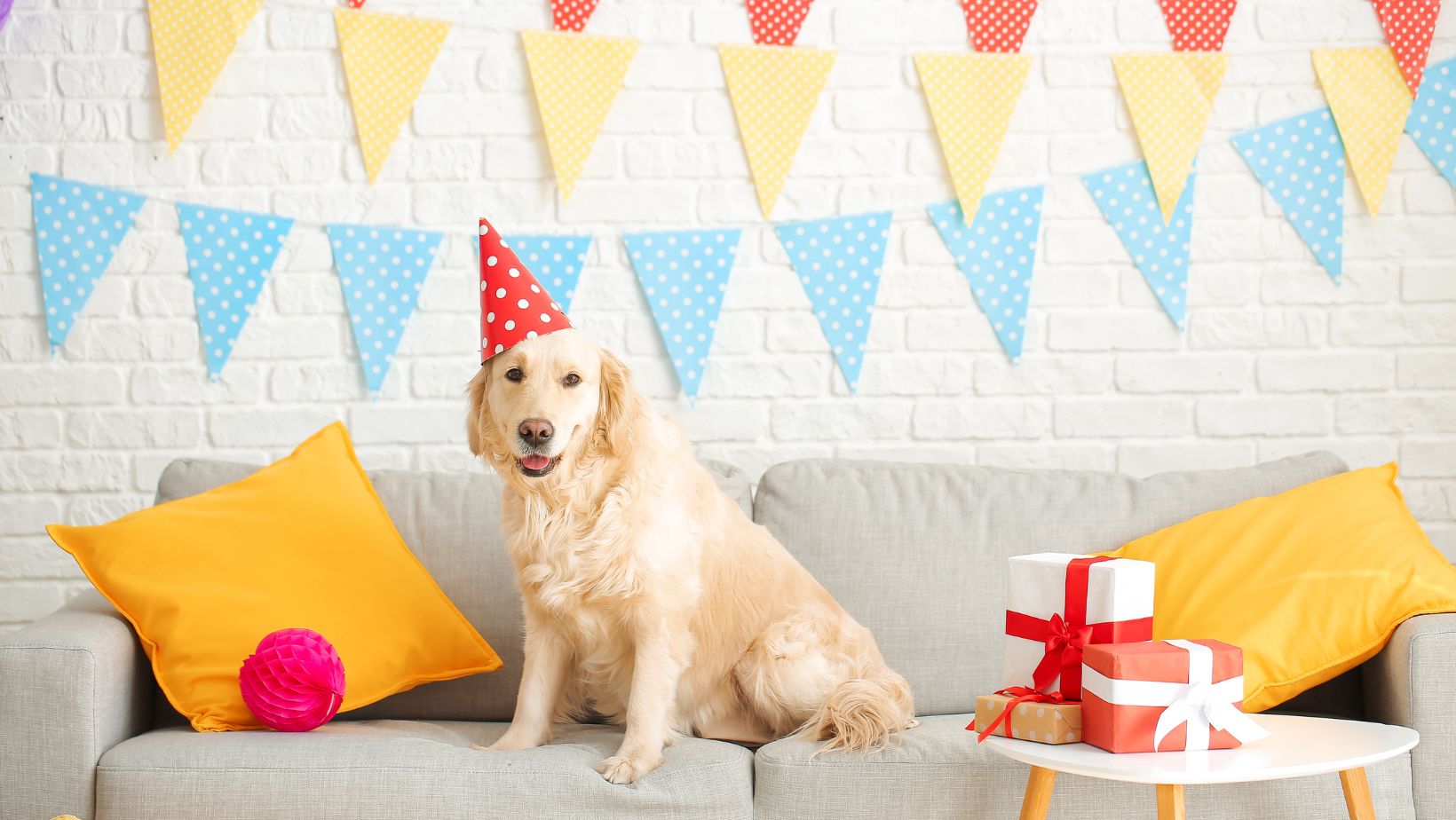How to Stop Older Dog from Pooping in House
Are you struggling with an older dog who keeps pooping in the house? Dealing with a Labrador’s mess can be quite overwhelming, but fear not! I’m here to share some effective tips on stopping your older dog from pooping inside and how to handle the cleanup afterward.
First and foremost, it’s important to understand why your older dog is having accidents in the house. There could be various reasons behind this behavior, including medical issues, lack of proper training, anxiety, or even changes in their routine or environment. Identifying the root cause will help you address the problem more effectively.
To stop your older dog from pooping in the house, start by establishing a consistent potty routine. Take them outside at regular intervals throughout the day, especially after meals and naps. Rewarding them with praise or treats when they do their business outside will reinforce positive behavior.
Understanding the behavior of older dogs is crucial when it comes to addressing and preventing unwanted behaviors like pooping in the house. As our canine companions age, they may experience various physical and cognitive changes that can contribute to this behavior. By delving into the factors that influence their actions, we can develop effective strategies to stop older dogs from pooping in the house.
- Health issues: One common reason why older dogs may poop indoors is due to health issues. Conditions such as arthritis or muscle weakness can make it challenging for them to reach their usual elimination spot in time. Additionally, gastrointestinal problems or urinary tract infections may cause discomfort and urgency, leading to accidents inside the house. It’s essential to monitor your dog’s health closely and consult with a veterinarian if you suspect any underlying medical conditions.
- Cognitive decline: Just like humans, aging dogs can experience cognitive decline, which may result in forgetfulness or confusion regarding where they should eliminate. This can lead them to poop indoors unintentionally. Providing mental stimulation through interactive toys and puzzles tailored for senior dogs can help keep their minds sharp and reduce these incidents.
- Changes in routine: Older dogs thrive on consistency and familiarity, so any disruptions or changes in their daily routine might affect their bathroom habits. This includes modifications in feeding times, walking schedules, or even rearranging furniture within your home. Maintaining a stable routine will help minimise stress levels for your furry friend and decrease the likelihood of accidents occurring.
- Decreased mobility: Ageing brings about physical limitations for our four-legged friends, making it harder for them to control their bowel movements effectively. Joint stiffness or muscle weakness may hinder their ability to signal when they need to go outside or hold it until an appropriate location is reached. Consider providing more frequent potty breaks throughout the day and creating easily accessible areas for them outdoors.
- Separation anxiety: Older dogs are often more prone to separation anxiety as they become more attached to their owners over time. When left alone, they may exhibit stress-related behaviors, including house soiling. Addressing separation anxiety through gradual desensitization techniques or seeking professional help can alleviate this issue and prevent accidents from occurring.

Identifying the reasons behind pooping in the house
When it comes to dealing with an older dog that is pooping in the house, it’s important to understand the underlying reasons behind this behavior. By identifying the root causes, we can take appropriate steps to address and prevent it from happening again. Here are a few possible reasons why your Labrador may be having accidents indoors:
- Medical issues: Before assuming it’s a behavioral problem, it’s crucial to rule out any underlying medical conditions that could be causing your older dog to poop inside. Certain health issues such as gastrointestinal problems, urinary tract infections, or mobility issues can contribute to accidents in the house.
- Lack of proper training: Even if your Labrador was previously well-trained, age-related factors like cognitive decline or physical limitations can make it challenging for them to hold their bladder or bowel movements for extended periods. Reinforcing basic obedience commands and implementing consistent potty training techniques can help remind your dog where they should go.
- Changes in routine or environment: Dogs thrive on routine, so any changes in their daily schedule or living arrangements can lead to confusion and stress, resulting in accidents indoors. Moving houses, a new addition to the family (human or pet), or disruptions in their usual feeding and exercise routines can all contribute to this issue.
- Anxiety or separation distress: Older dogs may experience anxiety when left alone for long periods or separated from their owners due to age-related separation distress. This anxiety can manifest as inappropriate elimination behaviors such as pooping inside the house.
- Age-related factors: As dogs get older, they might experience decreased muscle tone and control over their bowels and bladder. Senior Labradors may struggle with holding on until they reach an appropriate potty spot outside due to reduced mobility or weakened sphincter muscles.